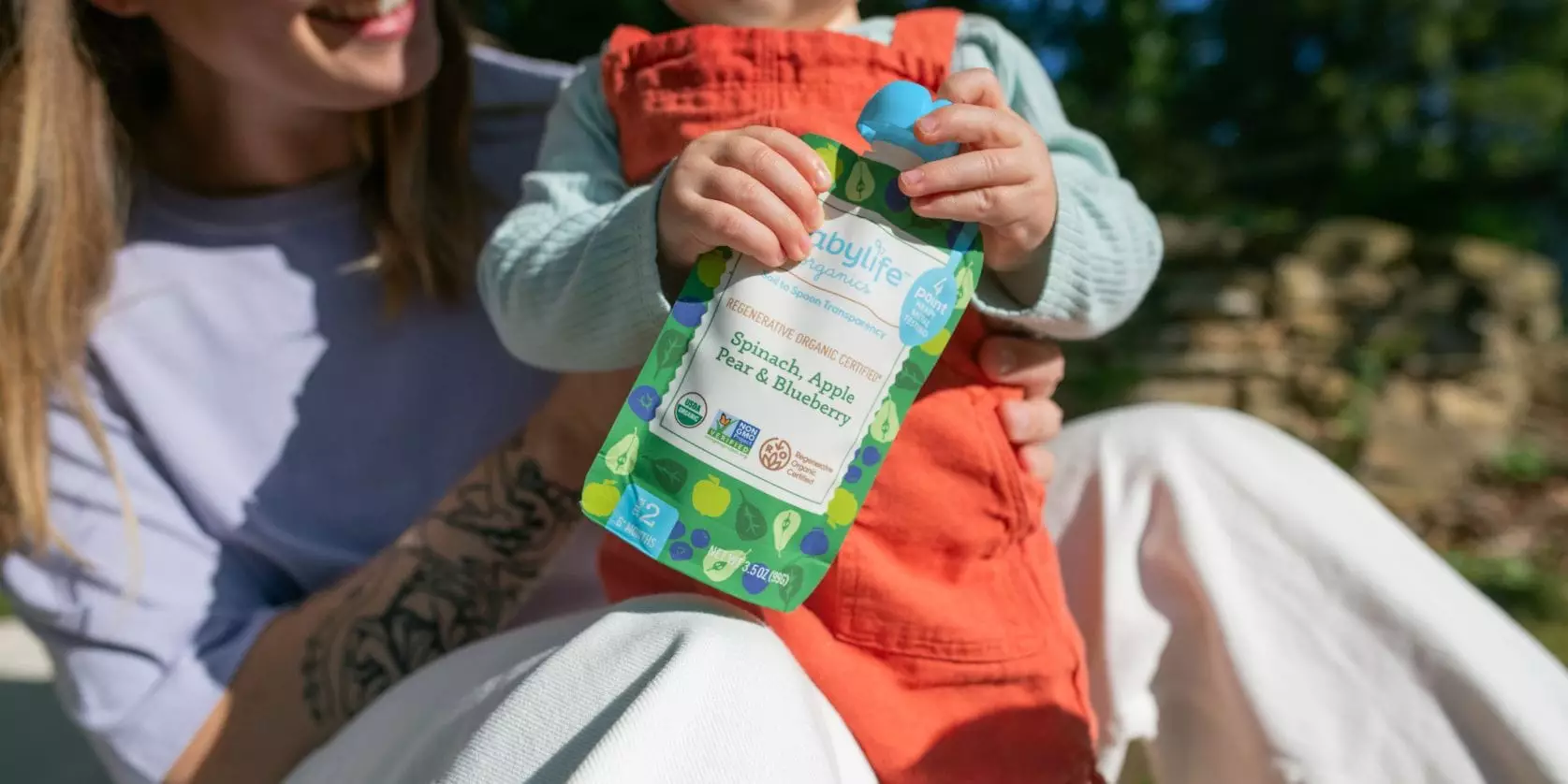In recent years, growing concerns surrounding heavy metal contamination in baby food have rocked the parenting community. Parents face the daunting task of ensuring their children receive safe and nutritious food while being bombarded with alarming reports that both store-bought and homemade options could be laced with toxic heavy metals like lead, cadmium, arsenic, and mercury. These metals are not just harmful; they are linked to serious neurological issues in young children. The question looms large: how can caregivers navigate this complicated landscape to protect their little ones?
Heavy metals naturally exist in the earth, but they can migrate into our foods due to environmental pollution and contamination of soil and water. Unfortunately, fruits and vegetables are particularly vulnerable to these contaminants, complicating the choices of well-meaning parents. Richard Harford, CEO of Babylife Organics, argues that children’s dietary safety is compromised in a marketplace that lacks strict federal testing requirements for baby products. This regulatory gap leaves consumers unequipped to make fully informed choices regarding what they are feeding their children.
The complex supply chains in the food industry further complicate matters, making the tracing of contaminants a significant hurdle. Many companies may remain unaware of heavy metal issues until third-party tests reveal contamination, which means many products may not undergo more rigorous testing until after they’ve reached the shelves. The reality is that both conventional and organic baby foods can fall prey to these contamination issues—thus emphasizing a need for proactive measures rather than reactive responses.
Addressing these grave concerns, Babylife Organics has introduced a revolutionary approach by being the first baby food manufacturer to disclose their heavy metal testing results publicly. Every jar or pouch features a QR code that links consumers to detailed testing information, offering insights into the testing results for each specific batch. This innovative step not only promotes accountability but allows parents to proactively engage with the safety standards of the food they’re providing to their children.
Harford underscores the importance of soil health in producing safe baby food. Babylife Organics sources its produce from regenerative organic farms across Turkey, which are known for their clean, uncontaminated soils. By following stringent farming practices overseen by the Regenerative Organic Alliance, they prioritize safety from the ground up. This proactive focus on the cultivation process distinguishes Babylife from competitors who may not take similar steps.
The company employs a comprehensive four-point testing strategy—this involves checking the soil, raw ingredients, prepared ingredients, and the final product. By monitoring each phase closely, Babylife Organics not only safeguards the supply chain but identifies potential issues at their roots before they escalate into significant problems. This differs markedly from typical methods that frequently test only finished products, which can obscure contamination sources and delay consumer awareness.
To further reinforce their commitment to a transparent production process, Babylife Aligns its guidelines with international benchmarks, echoing standards set forth by the European Union Food Safety Policy and the Clean Label Project. Harford’s dedication to adhering to these rigorous standards highlights a necessary shift for baby food companies, driving home the critical need for accountability in an industry often mired in silence over contamination issues.
In addition to their novel testing protocol, Babylife’s use of QR codes empowers parents to take an active role in their children’s dietary safety. Each product provides a unique lot code, allowing consumers to pull up specific information about that product’s heavy metal testing results. This degree of transparency is unprecedented in the baby food industry and fosters a new level of consumer trust.
The introduction of products features a variety of flavors catering to different developmental stages, providing parents with wholesome, organic food options that are additive-free. This focus on ingredient integrity is essential in allowing parents to feel confident they are making the best choices for their children while maintaining transparency in every aspect of production.
A Call to Action for the Industry
With Babylife Organics leading the charge for greater accountability, one can only hope that this movement encourages other brands to adopt similar measures. Consumers demand higher quality and safety standards not just for baby food, but for all food products, urging regulatory bodies to tighten up guidelines that have remained too lenient for far too long.
As the conversation surrounding heavy metal contamination in baby food escalates, proactive brands like Babylife Organics are setting a vital precedent. By championing transparency and rigorous testing protocols, these companies can help facilitate a shift toward safer food for our youngest and most vulnerable consumers—ultimately paving the way for an industry that puts children’s health first.

